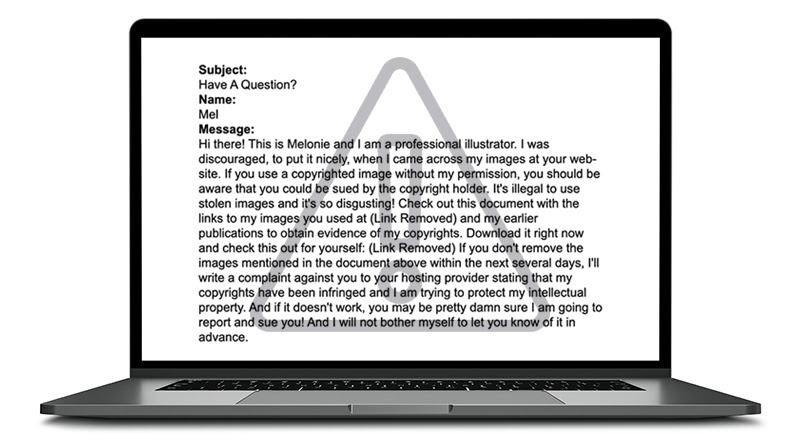How to Recognize Spam and Phishing Emails
Potentially malicious emails arrive in your inbox every day. Some of these emails may be phishing scams, or they may contain viruses or other malicious software. It is important to be able to recognize malicious emails so that you do not fall victim to potential scammers.
Spam, also referred to as junk email, is unsolicited emails sent out in bulk for marketing purposes. These emails often try to sell you something, such as goods or services. Spam emails are not only annoying but can also be dangerous if they contain links that lead to phishing websites.
Phishing emails are fraudulent communications that appear to come from a reputable source. These emails aim to get the recipient to disclose personal and financial information or infect your computer with viruses and malware. Most of these emails ask you to take a specific action, such as clicking a link, opening an attachment, or revealing sensitive information that can cause damage to yourself or your organization.
Spear Phishing involves focused attacks on a specific person or organization. These specialized attacks occur after detailed research has been done on the target. The detailed information they have acquired is used to add a personalized component to the email that makes it seem more authentic, and the email is more likely to get through filters and be opened.
Steps That Can Help Protect Yourself From Phishing Scams:
-
Protect your computer by using up-to-date antivirus software
-
Never give out personal or financial information based on an email request
-
Be suspicious of emails that are marked as “Urgent”
-
Hover over links before you click on them to ensure it has a secure URL (https://)
-
Protect your data by backing it up
How We’re Stopping Spam Messages Submitted Through Your Website
Spammers are actively targeting websites that house forms, and you may have seen an increase in suspicious spam-like form submissions from your website. Behind the scenes, we have an anti-spam filter in place for form submissions and actively monitor and block suspicious IP addresses. However, some spam messages may still slip through.
You may have received an email similar to this:

The images provided on your website by FMG have been licensed and are authorized for use. You do not need to respond to emails like these.
Another example of a phishing email you may receive is a request for a domain renewal or domain purchase. Your domain registrar would not contact you through a form on your website, so you should not respond to these emails.
If you have any questions about the legitimacy of any messages you receive, please reach out to our Service team at (858) 251-2420 or via email at service@fmgsuite.com, and they will be happy to investigate further.